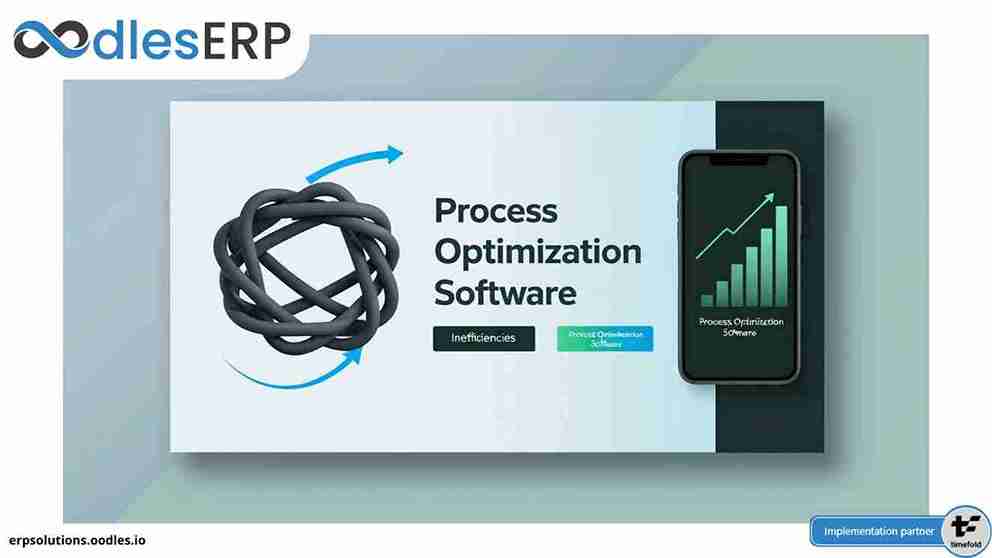The rapid technological advancement across all major industrial sectors has inspired enterprises to embrace the digital revolution. Therefore, to keep pace with the evolving technology landscape, modern-day businesses are using all sorts of hardware and software tools. Although it helps them automate and streamline their day-to-day operations, using diverse software tools could make things more complicated. For instance, a company may have multiple software modules to manage diverse business functions. These modules may have been purchased from different vendors or built independently to support different business applications. That said, there has to be an intermediary system that adequately connects different software applications and provides centralized access to information. This is where middleware software development comes into play.
Middleware solutions act as software intermediaries that bridge the gap between different software components by adequately connecting multi-vendor enterprise modules, software systems, and legacy applications. In doing so, it provides a centralized software interface to manage multi-tier software applications and distributed systems regardless of their heterogeneity.
In this post, we’ll discuss the significance of middleware software development solutions and explore its business use cases. At the same time, here you’ll learn how middleware software solutions help overcome software heterogeneity challenges.

Also, Read Developing Middleware Solutions To Overcome IoT Challenges
The Middleware Technology
Middleware is a specially designed software that facilitates seamless communication between different software components, modules, and distributed systems. It acts as a virtual glue that adequately interconnects diverse software systems regardless of their heterogeneity. Middleware enables these distributed applications to seamlessly interact and exchange information to automate a variety of business processes. Besides, it provides complete control over the applications running on different software platforms, frameworks, and operating systems. Some apt examples of middleware include application servers, web servers, and content management systems (CMS). Nevertheless, enterprises can also develop custom middleware applications to centrally manage their disparate business modules and software applications.
We, at Oodles ERP, provide 360-degree middleware software development services to solve complex business problems by scrupulously interconnecting disparate business applications and diverse software components.
Also, Read Middleware Solutions To Strengthen Content Delivery Networks
Common Middleware Use Cases
Here, we have seen how middleware acts as a link between disparate software applications, enabling them to interact and exchange data to accomplish complex tasks. Let’s now discuss the common use cases associated with middleware application development.
Application Programming Interfaces
We can use middleware solutions in the form of application programming interfaces (APIs), providing a quick and easy way to access the given application’s features across multiple software interfaces. In doing so, we allow other applications to use the business logic of the main application without having to develop the functionality from scratch. It significantly reduces the development time and efforts while providing improved, consistent user experiences across multiple software platforms.
Transaction Management
One of the most sought-after features of middleware software development is transaction management and processing. We can use transaction-based middleware software solutions to facilitate faster, error-free transactions while ensuring adherence to the business logic. Besides, the transactional middleware puts you in control of the diverse business applications that are responsible for transaction processing.
Web Servers
Middleware software development for web servers is conducive to providing appropriate responses for various client requests over web browsers. The middleware receives and processes client requests from the web browser, channelizing them to the main server or database. Subsequently, it delivers appropriate responses to the client requests back to the web browser.
Message Queues
One of the popular middleware solutions is message-oriented-middleware (MOM) that handles a large volume of message queues with sheer accuracy. The queuing mechanism facilitates seamless client-server interactions with minimal intricacies. In addition to providing queuing features, it offers a simplified software infrastructure that enables seamless message inflow between distributed applications.
Security
Several enterprises use middleware software solutions to strengthen their IT security and protect business data against online threats. Understandably, middleware software development is effective at facilitating secure client-server interactions while conforming to global security standards.
You may also be interested in reading Developing Middleware Solutions For The Healthcare Industry
Additional Notes
A middleware application not only connects disparate software applications but also triggers a connection between different aspects of the same application. If your business operations are more data-intensive, it is advisable to avail middleware application development services. It would help you safeguard your mission-critical business data, channelize smooth information flow and enhance business process efficiency.
At Oodles ERP, we provide custom middleware software development services to provide seamless communication between a diverse range of software components and distributed systems. Our development team holistically analyzes your existing software infrastructure and business model to suggest the most effective middleware solutions. We use open-source tools like Apache Camel and MuleSoft ESB to develop performance-driven middleware solutions for your industry-specific business requirements. To learn more about our offerings, visit our website or write to us at [email protected].









